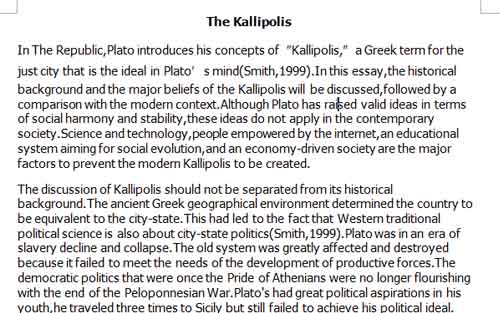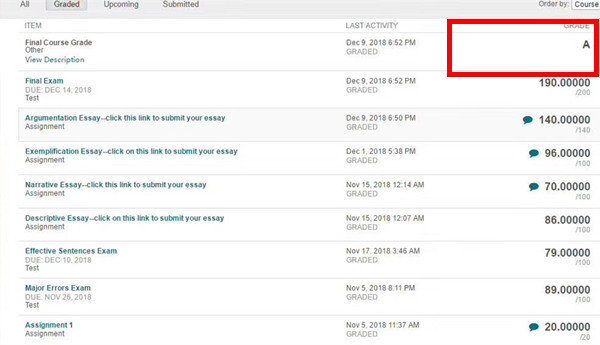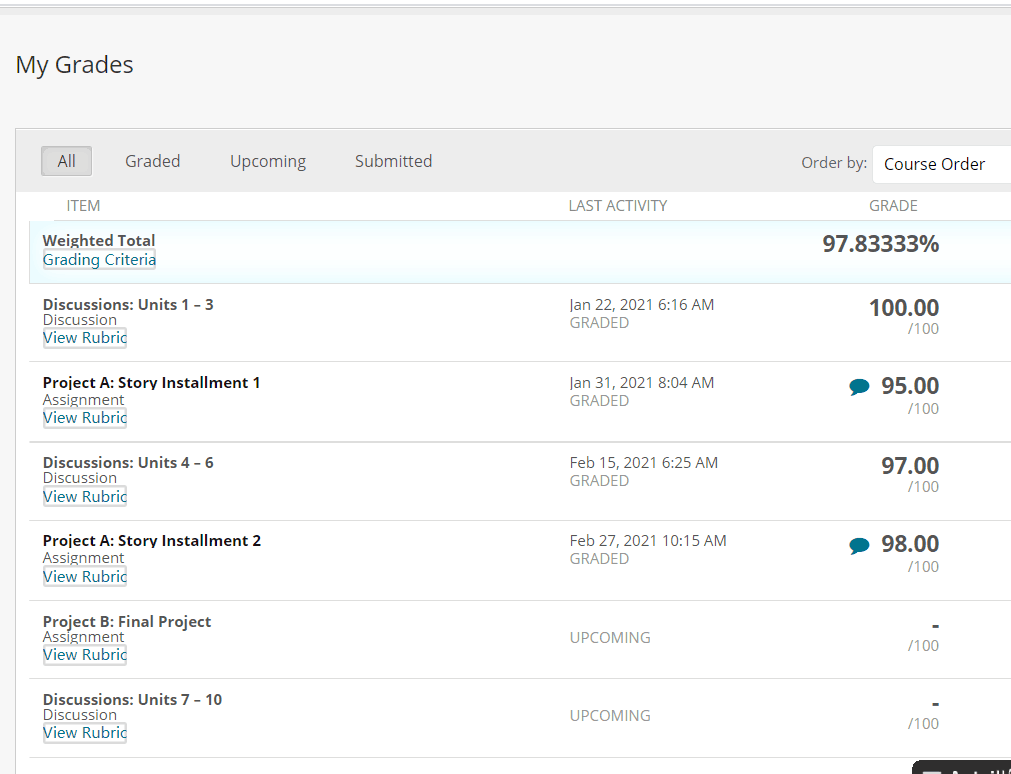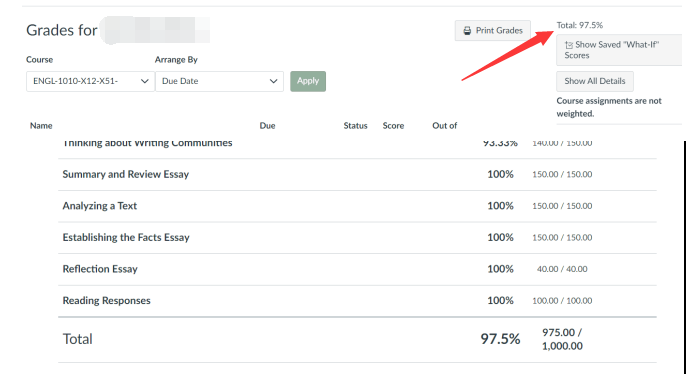本文是一篇Paper代写范文,范文主要讨论了电子商务在航空业中的作用。在这篇文章中,我将讨论电子商务框架创造的方式,以提高航空公司的商业价值。作者的框架着重于电子商务框架如何通过航空公司自己的网站在网上销售机票,从而影响航空业的活动。让我们研究一下电子商务在航空业中的作用。

E-commerce is ubiquitous today--it's impossible to sit in front of a computer without seeing advertisements and links to sites of all descriptions that would like to separate the user from some of her money. Some people may not realize that airlines were among the earliest users of this new sales channel. They can access information via internet regarding about fare, schedule, see advertising and doing a transaction without wasting their time to go to the traditional airlines reservation agent. In doing so, people let technology affect into many aspects in airlines industries and opened the gate to different ways of trading that connected company and customer by using internet facilities.
今天电子商务无处不在:所有的网站都想把用户从收益中分离出来,这是不可能的。有些人可能没有意识到航空公司是这个新销售渠道的最早用户。他们可以通过互联网获取关于票价、时间表、广告和交易的信息,而不会浪费时间去传统的航空公司预订代理。在这样做的过程中,人们把技术影响到航空业的许多方面,打开了通过互联网设施连接公司和客户的不同交易方式的大门。
The advancement of information technology helps airlines industry to reach global markets. In fact, it brings a fundamental change to airlines industry in term of distributions channel. To enhance their business, the airlines have to understand how e-commerce influences their business.
信息技术的进步有助于航空业走向全球市场。事实上,它从分销渠道的角度给航空业带来了根本性的变化。为了提高他们的业务,航空公司必须了解电子商务如何影响他们的业务。
In this essay, I will discuss the way in which the electronic commerce frameworks create to enhance the business value in Airlines industry. The author framework focuses on how the electronic commerce framework affects airlines industry activities in terms of selling ticket online via airlines own website. Let's examine the role of e-commerce in the airline industry.
在这篇文章中,我将讨论电子商务框架创造的方式,以提高航空公司的商业价值。作者的框架着重于电子商务框架如何通过航空公司自己的网站在网上销售机票,从而影响航空业的活动。让我们研究一下电子商务在航空业中的作用。
E-Commerce in Airline Industry 航空电子商务
E-commerce (electronic commerce or EC) is the buying and selling of goods and services on the Internet according to Definition.com. In practice, this term and e-business are often used interchangeably. For online retail selling, the term e-tailing is sometimes used. Airlines have been heavily invested in technology for years. The introduction of the computerized reservations system in 1962 allowed the airlines to have real-time data on the number of seats available on any given flight. American Airline's SABRE was first, with full implementation by 1964; competitors released their systems over the next few years. The company also was able to better track revenue, because the computerized system also stored fare information. Starting 1990s Airlines quickly started employ online sales channels. They already had the infrastructure of mainframes and the knowledge of data collection, so the transition to online was a natural one. No longer would flight information and pricing be available only in a travel agent's office or via the airline's ticket counter or phone line. Growth in online sales has been substantial at many airlines. For example, American Delta Air Lines began online ticket sales in 1996, achieving less than one percent of sales; online sales had reached more than eight percent of all tickets sold by 2001.
Before using e-commerce, mostly of airline's ticket are sold through airline reservation agent, and this is affected the ticket price became more expensive. When people buy ticket from agent, they must pay the price included agent fee. Based on GAO (2003) cited by Frank, Menho and Shi (2007), figure 1 below describe the airline ticket distribution that supported by Computer Reservation Systems (CRSs).
To reach a global market, the CRSs growth into Global Distribution Systems (GDSs). In this system, the airline should pay a commission fee to the agent and pay a booking fee to the CRS, whereas the agent also have to pay a subscription fee to CRS. As a result, the ticket price that the consumer must to pay becomes very expensive.
However, because that reason, nowadays there are many airlines company using direct marketing in order to process transaction use e-commerce through their own website, where is using internet in buying ticket online can make the ticket price cheaper because they can cut the distribution costs.
In addition, not only for search information about schedule, fare, and facilitate the booking online, the utilizing internet also helps to promote and build airlines brand in people's mind. In simple word, the business value of airlines industry has growth and get a lot of benefits by using e-commerce in terms of facilitate customers to book ticket online.
III. How E-Commerce Enriches Quality of Airline Industry 电子商务如何丰富航空业的质量
As we can see explanation previously, utilize of e-commerce to buy ticket online via internet without using a airline reservation agent service enrich the business value of airlines industry. But now, the question is about how e-commerce helps to enhance the value of airline industry? To answer that question, author will focus on the ways of e-commerce enhance airline industry's value in terms of price competitiveness, timeliness, and promotion.
It is impossible to reduce cost with cut the direct operating cost, because the aircraft and fuel is a fixed price, whereas the worker salaries also have a standard minimum payment. So, the airlines industry could not reduce cost by cutting them. The only one way to reduce cost is by cutting the distribution cost.
The utilizing of internet in terms of buying ticket online bring impact into reducing cost, because selling ticket directly by using airlines own website can cut down the distribution channel of airlines ticket. For a service of selling a ticket to customer, usually an airline pays 5-25 % for commissions the agent. Caused by airlines industry can cut the distribution cost, they don't have to pay commission fee to agents which finally affected the ticket price. The airlines can offer ticket cheaper than the price that the agent offered to the customer. Furthermore, with reducing transaction costs in automatic ordering and invoicing systems can lead to lower price. In addition, the utilizing of electronic commerce also reduced the cost in terms of using paper. The process of transaction will be paperless because the airlines do not need to use paper as a ticket paper for the customers. After the customers done the transaction of buying ticket in internet, they print the letter approval by themself. So, the airline industry can cut down the cost of using paper. Following is the e-ticket sample.
Besides reducing cost, e-commerce utilizing for buying ticket online create efficiency by reducing time in transaction process. E-commerce make markets all over the world are accessible. By using internet facility, it give people the ability to access all of information and book the ticket 24 hour a day, 7 days a week, everyday, at anytime, and anywhere. People all over the world can access the information does not matter wherever they are. They can make a transaction without wasting their time to go to the airline reservation agent company to reserve a ticket. They just need to connect to the internet and click airlines website to purchase a ticket. The e-commerce activities in booking ticket airline also can cut down the delivery process time from the airline company to the customer. People can print out their own ticket by themself after they done the transaction in internet. Or in another words, it is faster ordering and delivering.
Above describes the information about the fare differences between e-fare, regular web fare, and fare by using airline reservation agent. Although there are some fares differences between e-fare and regular web fare for exact same itinerary with a same date and flight. It is because e-fare is offered by airlines company nearly the due date of departure flight, where the e-fare is offered by airlines company just in case there are available seat.
However, the fare that agent offered to the customer still more expensive, and has great differences fare between online reservation and booking ticket via agent. In simple words, the table 2 above give a picture that using e-commerce in terms of booking ticket online in airlines industry can reduce distribution cost that affected the airline to offer a lower price of ticket. So, It shows that the utilizing of e-commerce for buying ticket online create a business value in airlines industry in terms of price competitiveness.
Moreover, using e-commerce also enhance the value of airlines industry in terms of promoting and advertising. The advertisement cost through media such as newspaper, magazine, television, or radio are mostly more expensive than promoting by using website. One of some superiorities of advertising via internet is because the website provides 24 hour access every day all over the world and the information that consist of internet also always up to date in a real time.
IV.IMPACT OF E-COMMERCE ON TRAVEL AGENT INDUSTRY 电子商务对旅行社业的影响
The travel agent industry is coordination intensive: in other words it is centered on the communication and processing of information. The ability to make travel-related reservations online directly with the provider significantly reduces fixed and variable coordination costs because there is no human intervention between the consumer and the travel provider. The human intervention can take the form of a travel agent or an airline employee in a telephone reservations office or city ticket office, but in either case eliminating human intervention minimizes costs to the airline. This is why many airlines are offering discount fares that are available exclusively to online users, and promoting the use of electronic ticketing.
In the travel industry, the two factors mentioned above - product uniqueness and ease of description - have become critical factors in determining whether an intermediary, in most cases a travel agent, will be used by a prospective traveler. Some itineraries, such as a simple business round trip by air, may be just as easy to arrange while dealing directly with a carrier. However, a package tour or cruise is inherently complex to describe, and will vary greatly in content and price depending on the different suppliers and options. Such leisure trips often involve pitfalls and uncertainties, and the average consumer needs advice on these matters before making a decision.
Trends affecting the travel industry generally include changing customer demands (such as interest in exotic destinations, or travel by seniors), increased expectations in terms of value and convenience, and increasingly knowledgeable consumers who are themselves users of IT. The travel industry is being fundamentally altered by IT. Historically airlines and large hotel chains, for example, have been early adopters of new technologies such as Computer Reservations Systems (CRSs). The distribution network being used by the travel industry is in many ways outdated, relying on third parties such as CRS vendors or travel agents who have traditionally justified their presence through a specialized technology infrastructure and specific knowledge On the contrary it becomes a threat for the continuity of airline reservation agent industry. Alamdari (2006) cited by Frank, et al (2007) asserts:
As airlines in the US and many European countries have either significantly lowered or eliminated travel agent commissions altogether, travel agents were forced to look to the travel purchaser as their customer, switching their business model from being agents for airlines to being travel management service providers to travelers. [1]
Based on the statement above, to survive and continued their business, the airline reservation agent tried to switch their business from being airlines agent reservation becomes travel management service provider. Travel agents do not have the same biases as the suppliers they represent, although the agents' behavior can be affected by such practices as commission overrides. Finally, aspects such as trust and social contact are important to many consumers, particularly when planning leisure travel; face-to-face contact with an agent at a physical retail location will remain important for many travelers.
V. CONCLUSION 结论
Perhaps the clearest indication of the growing importance of e-commerce in the global economy is the rapidity with which Internet use has grown and spread during the last decade. The boom in e-commerce also includes increased use of other media for trade, such as the telephone, television, fax, and electronic payment. Because e-commerce became such an integral part of the global economy, the WTO has begun to consider how it fits into the multilateral trade framework, and what rules or regulations should apply.[2]
The development of technology added more value to enrich airlines industry and changes the business transaction system.
以上就是范文全部内容,范文格式和内容仅供留学生参考学习,不得抄袭,如有paper代写需要,请联系网站客服。










